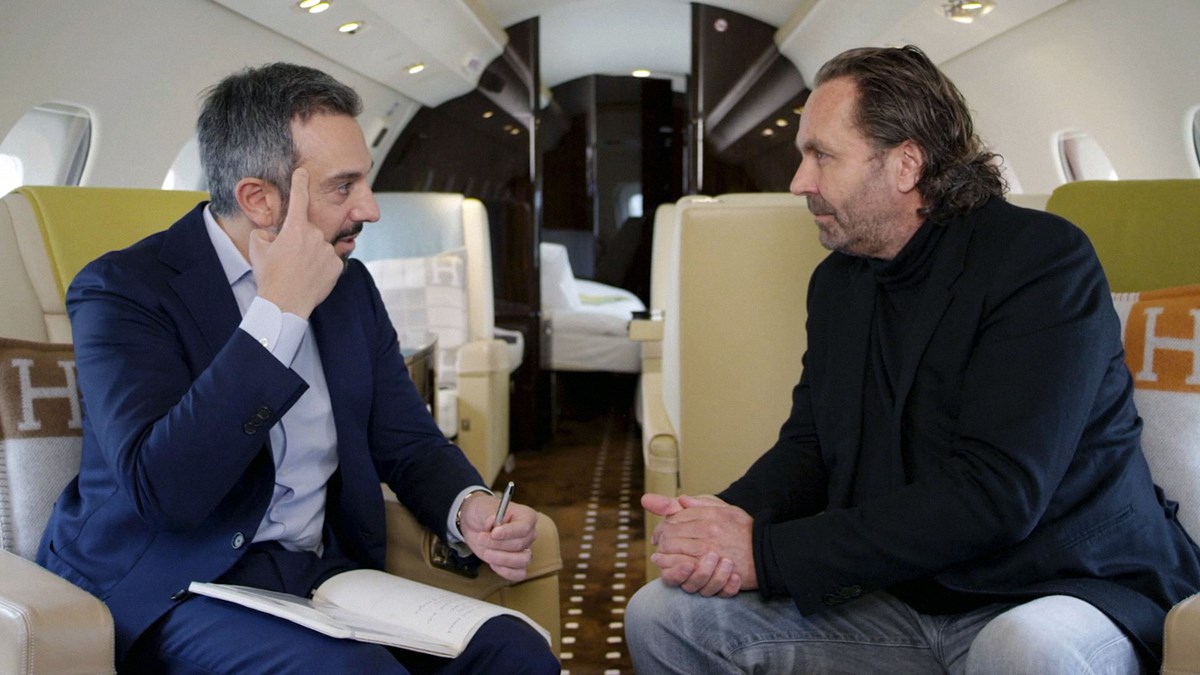
In past blogs, I’ve spoken about the need to maintain our physical and emotional energy if we are to lead effectively through this period of uncertainty. This week, the hot topic in my conversations with leaders has been how to sustain our mental energy in the face of COVID-19.
Many of us are working long days in multiple time zones solving all manner of problems; big and small. Maybe you’re dealing with kids or pets that need (demand) your attention, regular interruptions or unfamiliar routines, among a whole host of other mentally draining circumstances.
Of course, your physical and emotional wellbeing have a huge impact on your mental state, but above and beyond those considerations, what else can you practically do in order to sustain your mental energy at this time? The tactics in this blog can help you.
Decision fatigue is now a fairly well understood psychological condition. It describes how the quality of our decisions can deteriorate over a given time period, the more decisions we have to make. For example, judges in court make harsher decisions later in the day (something that’s handy to know if you ever have to go to court!).
Our brain is simply overwhelmed with choices at any given moment, so many of the actions we perform each day aren’t decisions, but habits. For most of us, brushing our teeth is not a decision, it’s a habit. It stands to reason then, that the more decisions we can turn into habits, the more we can free up mental capacity for the stuff that really matters at this moment.
If you’re ever going to simplify your work wardrobe, now’s the time. President Obama was almost always in blue or grey suits, and I’m currently rotating through three very stylish pairs of sweatpants. Perhaps you can narrow down to two or three options for breakfast and lunch; we waste enormous amounts of time thinking about what to eat, only to end up eating the same things anyway. If you want to exercise first thing in the day, why not have your shoes near the bed and step into them as soon as you wake up? That way you don’t have to negotiate with yourself every morning. You get the idea.
What simple decisions could you turn into habits right now?
While we’re working in our peak state, we’re operating at a level that is five times our normal productivity. It can take up to 25 minutes to get back to this place so we really want to protect it from needless interruptions and distractions, especially right now.
Multi-tasking is a nice idea, but it’s not very effective in practice. We can only truly immerse in one task at a time. A useful metaphor to address this issue is that of a ‘drawer’, where the drawer represents our attention. The aim is to open the drawer of a particular task, advance it, close the drawer, and move onto the next task.
If someone interrupts you mid-task, ask if the issue is urgent. If it’s not, schedule the conversation for later when you’ve completed your task. If it is urgent, ask for a minute, note where you are up to, determine what must happen next, then close your drawer and move onto the emergency. That way, when you return to the task, you can pick up where you left off in 2 minutes, not 25.
Most interruptions are usually not urgent and many are not even remotely important. To sustain your mental energy, work in only one drawer at a time, and teach others how to behave around you.
How could you implement this tactic in your circumstances right now?
In an effort to lead strongly and connect emotionally with anxious stakeholders, never mind family and friends, many of us are now on calls and webinars from sun up to sun down, day after day. This is noble and even necessary to a point, however, it’s not conducive to sustaining your mental energy over time.
Here’s an idea that might be a little counter-intuitive; one of the best ways to release and sustain your mental energy at this time, is to engage in a complex or challenging task; something that forces you to fully immerse and even lose track of time. This state was coined ‘flow’ by psychologist Mihály Csíkszentmihályi back in the 70s, though similar notions have existed in Eastern philosophies for thousands of years.
The trick is to choose something that is within your capability, but outside of your comfort zone. If the task is also meaningful and has a consequential outcome, then you have a magic formula for sustaining and even increasing your mental energy.
If this feels like a fanciful idea to you right now, then it’s very likely that you need it more than anyone. Even if you pick just one task like this every week or two, then you will likely unleash a degree of mental energy that will benefit of all of your other work and interactions.
What challenging task could you engage in over the next week or two?
I hope these tactics will help you to sustain and even increase your mental energy in the coming weeks.
